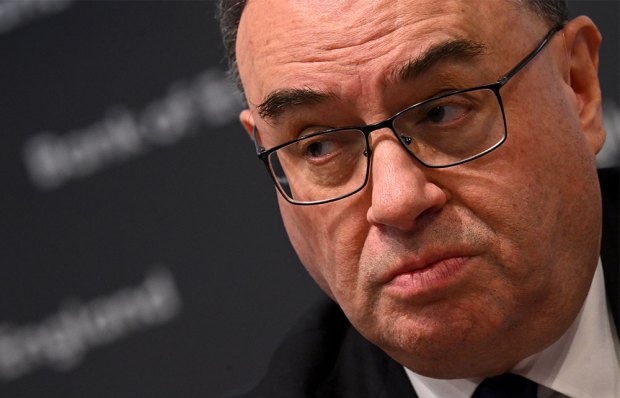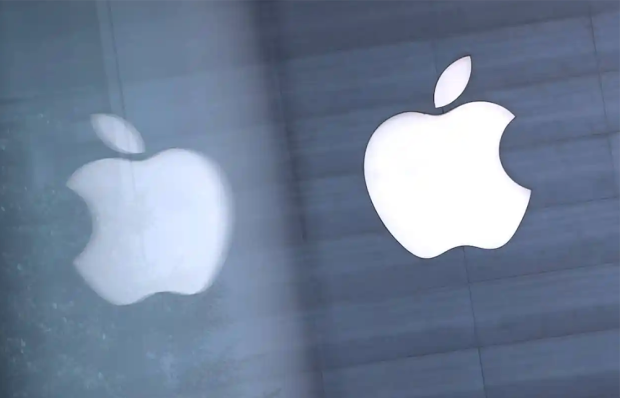In my Yorkshire town of Helmsley the NatWest branch, originally an outpost of Beckett & Co of Leeds, has closed down — collateral damage of its crippled parent RBS’s continuing struggle for viability. Our branch of the Australian-owned Yorkshire Bank, descendant of the West Riding Penny Savings institution, became an antique shop some time ago. HSBC, formerly Midland, is now a hairdressing salon. When they arrived a century ago, all three were ‘challenger banks’ of their day. But now they have gone, no challengers have ridden in to replace them — unless we count Handelsbanken, the progressively old-fashioned Swedish retail bank that has a thriving franchise down the road at Scarborough.
My point is that challenger banks have been talked up eagerly for the past seven years as transformers of the financial scene and harbingers of banking biodiversity — either through online user-friendliness or a revival of localism — but they have made very disappointing progress.
That’s not to say they don’t make headlines: in this week’s news, here is Civilised (nice name, at least), aiming to offer online services to owner-managed smaller firms. Hoping to shake the same sector is OakNorth, which boasts former FSA chairman Lord Turner as its senior independent director. Out there somewhere — with the backing of Jim O’Neill, ex-Goldman Sachs economist, and venture capitalist Jon Moulton — is the all-digital Atom, which speaks of ‘building a bank with none of the baggage of the past’.
All well and good: they join a queue of a couple of dozen ventures awaiting operating licences — while Metro Bank, OneSavings and a handful of others have actually crossed the starting line, Virgin Money has bolstered the Branson fortune, TSB has spun out of Lloyds, and Williams & Glyn will break out of RBS next year. But meanwhile the big five banking groups control four-fifths of the personal and small business market, keeping it as impenetrable as possible (through control of the payments system, for example) for new entrants. Likewise, regulators set multiple hoops and hurdles, for fear of embarrassing early failures.
Vince Cable has talked all this time of encouraging green shoots, even suggesting government should underwrite challengers’ lendings to uncreditworthy small businesses, yet he will go out of office with his clutch of eggs largely unhatched. If George Osborne is still looking for positive measures to add to his Budget as well as pre-election gimmicks, he and Vince should hurriedly concoct a fast-track approval route for challenger banks and a review of competitive obstacles in their path.
Reconsider your position, Rona
‘A director is not bound to give continuous attention to the affairs of his company. His duties are intermittent,’ said Mr Justice Romer in a celebrated 1925 judgment. ‘In respect of all duties that… may properly be left to some other official, a director is, in the absence of grounds for suspicion, justified in trusting that official to perform such duties honestly.’ But that was in the days when non-executive board members were paid at most £1,000 a year, for attendance at half a dozen meetings.
Nowadays, expectations are higher and stricter — especially if, as in the case of Rona Fairhead on the HSBC board and as chair of its audit committee, the non-executive concerned earns more than £500,000 a year for a one-day-a-week role. Fairhead’s answer to the Public Accounts Committee, that she relied on others’ assurances rather than direct interrogation as to what was going on in HSBC’s Swiss private banking arm (‘If you can’t rely on experts, then what can you do?’), really did sound a bit thin — even if leaders in many walks of life would agree that in practice there is no other way to manage large and complex organisations.
Fairhead should certainly reconsider her position at HSBC, where her credibility has been weakened and the current witch hunt will not abate until several heads have rolled. But she should face down the attack by committee chairman Margaret Hodge on her suitability to continue chairing the BBC Trust (‘You should think about resigning and if not, I think the government should sack you’). Fresh to the job, Fairhead has already been brave enough to call for the trust to be replaced by an external regulator — striking a very different tone to the smugness of her predecessor, Lord Patten.
As for La Hodge, Parliament’s resident pantomime dame, she was politicking as usual, no doubt in the hope of seeing an Islington Labour crony eased into the BBC chair after the election.
Rehumanising
Network Rail has been taking stick for its use of automated ticket gates to control commuter ‘surges’: the company’s own chief inspector had to order the gates opened at Cambridge to release a trapped crowd, having ‘watched the station staff do nothing’. For travellers whose tickets have already been checked, these barriers are pure irritation. Automation at the customer interface can be good (hooray for Oyster cards and Amazon’s one-click) but when it’s bad it is deeply dehumanising. Worst of all are those robotic ‘self-checkout’ terminals now in many chain stores. I always make a point of asking the nearest under-employed staff member to operate the infernal machine for me: if more shoppers do likewise, the robot will eventually bleep ‘Unplug me’.
The Jubilee Line platforms at Bond Street currently offer a pleasing contrast, however. The announcer is a real person with a mellifluous American accent and a positive attitude: she really sounds delighted that the next train is for all stations to Stratford. Her name is Karen, she is reading in her spare time for a masters degree in ‘international studies and leadership’, she thinks Transport for London is a good employer, and she hopes to move into strategic planning when she has done her time in the tunnels. Say hello if you spot her, and thank her for her good work.
Got something to add? Join the discussion and comment below.
Get 10 issues for just $10
Subscribe to The Spectator Australia today for the next 10 magazine issues, plus full online access, for just $10.
You might disagree with half of it, but you’ll enjoy reading all of it. Try your first month for free, then just $2 a week for the remainder of your first year.















Comments
Don't miss out
Join the conversation with other Spectator Australia readers. Subscribe to leave a comment.
SUBSCRIBEAlready a subscriber? Log in